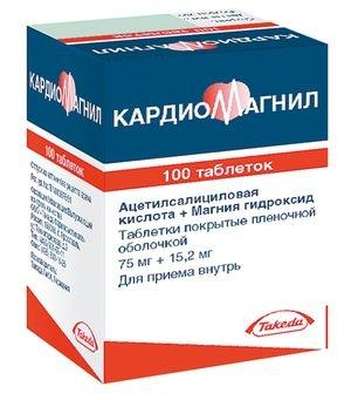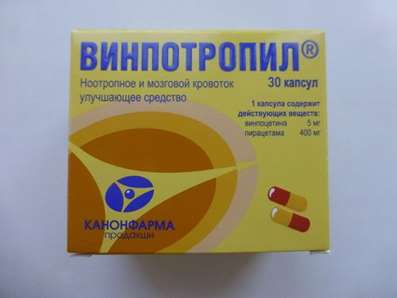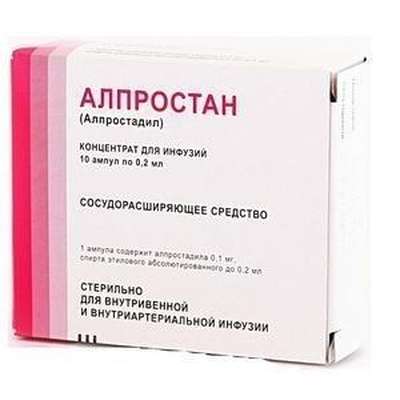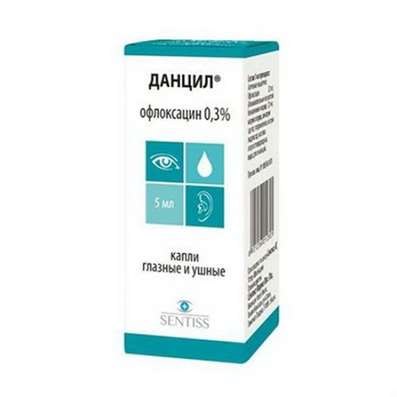Instruction for use: Reserpine (Reserpinum)
I want this, give me price
chemical name
Methyl (3beta, 16beta, 17alpha, 18beta, 20alfa) -11,17-dimethoxy-18- [(3,4,5-trimethoxybenzoyl) oxy] yohimban-16-carboxylic acid
Pharmacotherapeutic group:
Sympatholytics
The nosological classification (ICD-10)
I10 Essential (primary) hypertension
Hypertension, Arterial hypertension, Arterial hypertension crisis course, Essential Hypertension
Primary hypertension, Arterial hypertension, complications of diabetes, hypertension, The sudden increase in blood pressure, Hypertensive disorders of blood circulation, hypertensive condition, hypertensive crises, hypertension, arterial Hypertension, malignant Hypertension, Hypertonic disease, Hypertensive crisis, Hypertension, accelerated hypertension, malignant hypertension, The aggravation of hypertensive disease, Transient hypertension, Isolated systolic hypertension
I15 Secondary hypertension
Arterial hypertension, complications of diabetes, hypertension, The sudden rise in blood pressure, Hypertensive disorders of blood circulation, hypertensive condition, hypertensive crises, hypertension, arterial hypertension, malignant hypertension, Hypertensive crisis, Hypertension, accelerated hypertension, malignant hypertension, hypertensive crisis, The aggravation of hypertensive disease, Transient hypertension, hypertension, Arterial hypertension, Arterial hypertension crisis course, renovascular hypertension, symptomatic hypertension, renal hypertension, Renovascular hypertension, Symptomatic hypertension
Code CAS 50-55-5
Characteristics
Alkaloid of Rauwolfia serpentina. White or white with a yellow tinge crystalline powder. Freely soluble in glacial acetic acid and chloroform, very slightly soluble in water, ethanol and ether.
Pharmacology
- hypotensive, neuroleptic.
It is a persistent reduction in blood pressure. Simpatolitikov: in the presynaptic terminals of postganglionic fibers of the sympathetic division of the autonomic nervous system stimulates the release of noradrenaline from the vesicles with the simultaneous violation of his vehicle, which quickly depletes the neurotransmitter. It has a similar effect in brain neurons contributing to lower their content of dopamine, serotonin, and other neurotransmitters and causing development of antipsychotic effect.
Well absorbed from the gastrointestinal tract. Since blood plasma proteins bind weakly. Treated biotransformation in the liver to inactive metabolites. T1 / 2 in the initial phase was 4.5 h, terminal -. 48-168 hours for 4 days 60% is excreted with the feces mainly as unchanged and 8% - kidneys (less than 1% unchanged).
The effect is a few days, and reaches a maximum after 3-6 weeks. Duration 1-6 weeks.
Indications
Arterial hypertension.
Contraindications
Hypersensitivity, epilepsy, Parkinson's disease, depression (including history), gastric ulcer and duodenal ulcer disease, erosive gastritis, ulcerative colitis, respiratory distress, asthma, pheochromocytoma, cholelithiasis, angle-closure glaucoma, aetiology, AV block, congestive heart failure, cerebral atherosclerosis, nephrosclerosis, concomitant treatment with MAO inhibitors, pregnancy, lactation.
Pregnancy and breast-feeding
Category effects on the fetus by FDA - C.
Side effects
From the nervous system and sensory organs: extrapyramidal disorder, headache, dizziness, weakness, drowsiness, insomnia, depression, anxiety, fatigue, hyporeflexia, impaired concentration, hyperemia of the mucous membranes of the eyes.
From the digestive tract: nausea, vomiting, diarrhea, abdominal pain, gastrointestinal bleeding, anorexia, xerostomia.
Cardio-vascular system and blood (blood, hemostasis): bradycardia, arrhythmia, chest pain, peripheral edema
Other: puffiness and dryness of mucous membranes of the nose, and shortness of frequent urination, weight gain, decreased libido and / or potency, allergic reactions.
Interaction
It enhances the effects of alcohol, CNS depressants, beta-blockers, antidepressants (MAO inhibitors), antihypertensive drugs, increases the rate of adverse reactions in the appointment of cardiac glycosides and quinidine. Reduces the effectiveness of anti-drugs and sympathomimetic.
Overdose
Symptoms: drop in blood pressure, bradycardia, CNS depression, nightmares, coma, hypothermia, cramps, tremor, Parkinson's disease, diarrhea, vomiting; long-term use at high doses - abnormal liver function
Treatment: symptomatic: in / in infusion fluid, giving the position with legs raised, if necessary, in / in infusion of pressor amines.
Routes of administration
Inside.

 Cart
Cart





